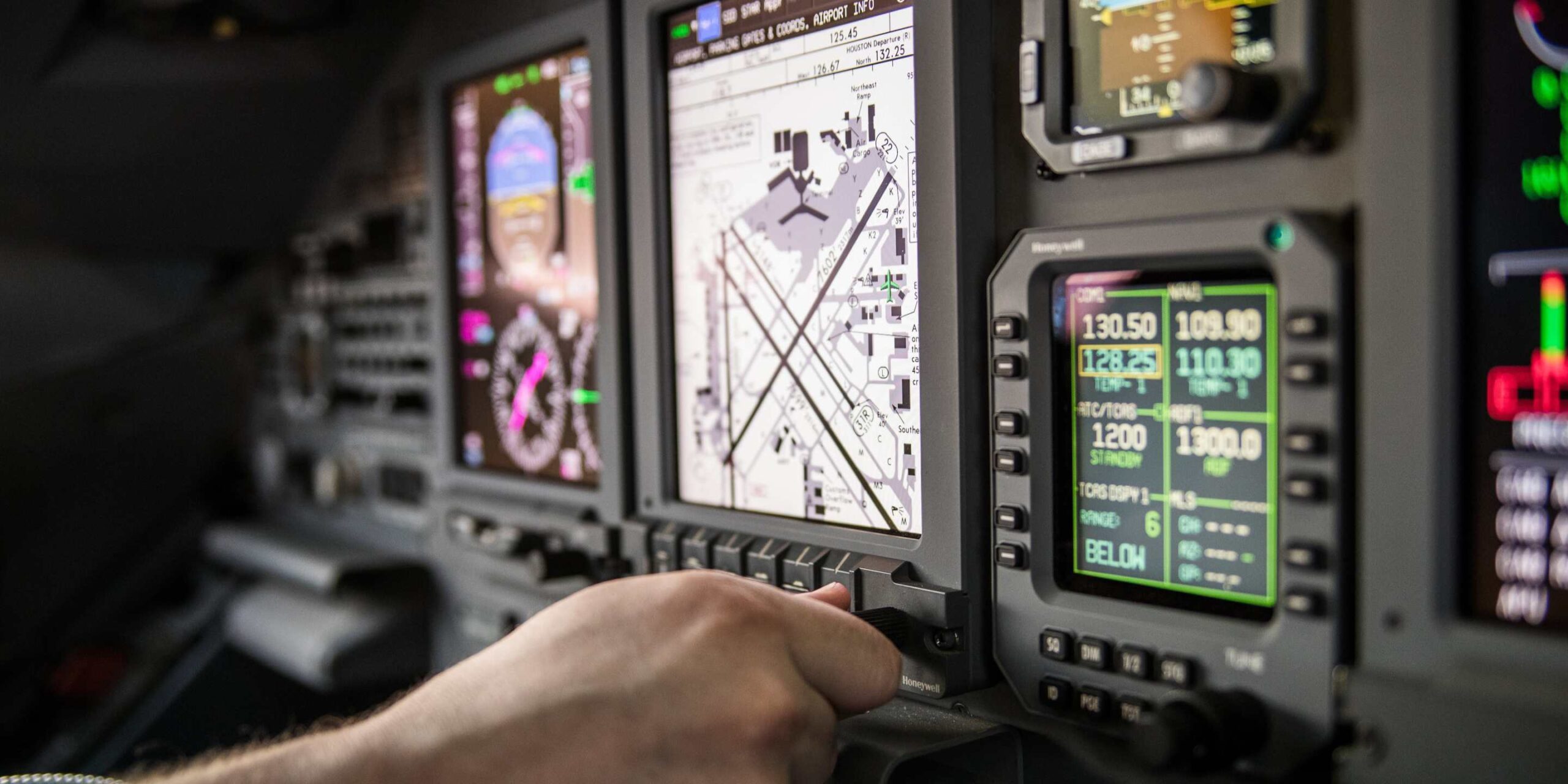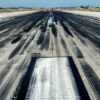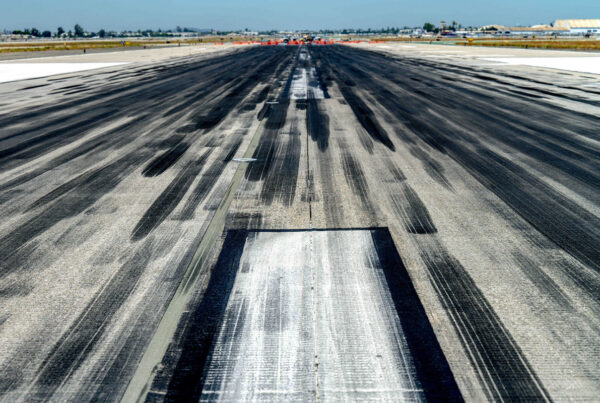Several airports in Florida are proposing new landing fees using ADS-B to automatically invoice operators as early as next month.
AOPA, along with other industry collectives, are crying foul. Not necessarily at the prospect of more bills, but because of the use of ADS-B data to collect fees.
Simply put, in both design and mandate, ADS-B was never intended for this purpose. It exists due to its ability to improve the safety and efficiency of air traffic – not to clip the proverbial ticket.
What’s Being Proposed
Long story short, Florida has contracted a partnership of third-party companies that collect real-time airport operational data using ADS-B and use it to produce landing fee invoices.
The proposed billing structure will be based on weight, and the heavier you are, the more you will pay. The figure being widely thrown around is $3USD per 1000 lbs.
These fees may be introduced as early as 1 October 2024. Nearly a dozen Florida airports have already shown an active interest in implementing the new scheme.
For business jet operators, it’s hardly earth-shattering news. $225 USD in fees to land a Gulfstream 550 for instance is well within the realm of normalcy – given publicly available fees.
So why should we be taking note? Because of the precedent being set and the implications that this may have for the future use of ADS-B data.
Push Back
AOPA have written to the FAA asking them to block the use of ADS-B to collect fees. They’re also seeking legislative action to try and make sure this doesn’t happen.
They make the following points:
- The fees will be collected by not-for-profit, public-use airports already operating in surplus thanks in part to Federal grants.
- The domino effect. Airports have expressed concerns that if other airports introduce the new fees, they will have to do the same to protect themselves from the resulting influx of traffic.
- This is not what ADS-B was intended for.
ADS-Being Watched
This is not the first time ADS-B has come under the spotlight for being used in ways that were never intended.

Case-in-point was the recent controversy of its data being used to track and publicize the whereabouts of prominent VIPs – one celeb famously described these as his ‘assassination co-ordinates.’ You can read about that more here.
In a similar vein, one can argue ADS-B data should not be used to collect billing information either.
It was never intended for this purpose. The technology was invented, and in many cases mandated for the better-than-radar effect it has on separation and airspace safety. Just take the fairly recent transition of the NAT HLA to space-based ADS-B for instance.
Where the lines become blurry is that ADS-B data isn’t protected – with the obvious exception of things like the FAA’s LADD and PIA Programs, which are limited in scope for international operators, and will be for some time yet.
The reality is that virtually anyone with around a hundred bucks worth of ADS-B receiver can track most 1090 MHz ADS-B equipped aircraft.
Unfortunately, the use of this data opens the door to commercial interests – the precedent arguably being set in Florida.
It is our data, and belongs in the aerospace system. Florida’s proposed landing fees may be of more concern to flight training and lighter aircraft right now, but we have a collective interest in supporting ADS-B only in its use for safety, and nothing more.
Staying Switched On
What we don’t want to see happen is more pilots and operators switching off ADS-B because they are skeptical of the system. Having your ADS-B switched on, even in areas where it’s not required, provides a massive advantage to aviation safety of being able to see other planes around you.
The risk with schemes like this new one in Florida is that it will drive more pilots to avoid the system, which could ultimately lead to more incidents and accidents.
Have more info?
We’d love to hear from you. You can reach us on team@ops.group around the clock.
More on the topic:
- More: US FAA Improves Flight Tracking Privacy
- More: Canada ADS-B Mandate
- More: ADS-B Mandates in 2023
- More: Cloaking Devices: The ADS-B Privacy Issue
- More: Are you ADS-Being watched?
More reading:
- Latest: FAA Warns on Runway Length Data and Overrun Risk
- Latest: EASA’s New Cyber and Data Risk Rule for Operators in Europe
- Latest: Airport Spy: Real World Reports from Crews
- Safe Airspace: Risk Database
- Weekly Ops Bulletin: Subscribe
- Membership plans: Why join OPSGROUP?











 Get the famous weekly
Get the famous weekly 






but doesn’t an airport already charge a fee to landing aircraft?